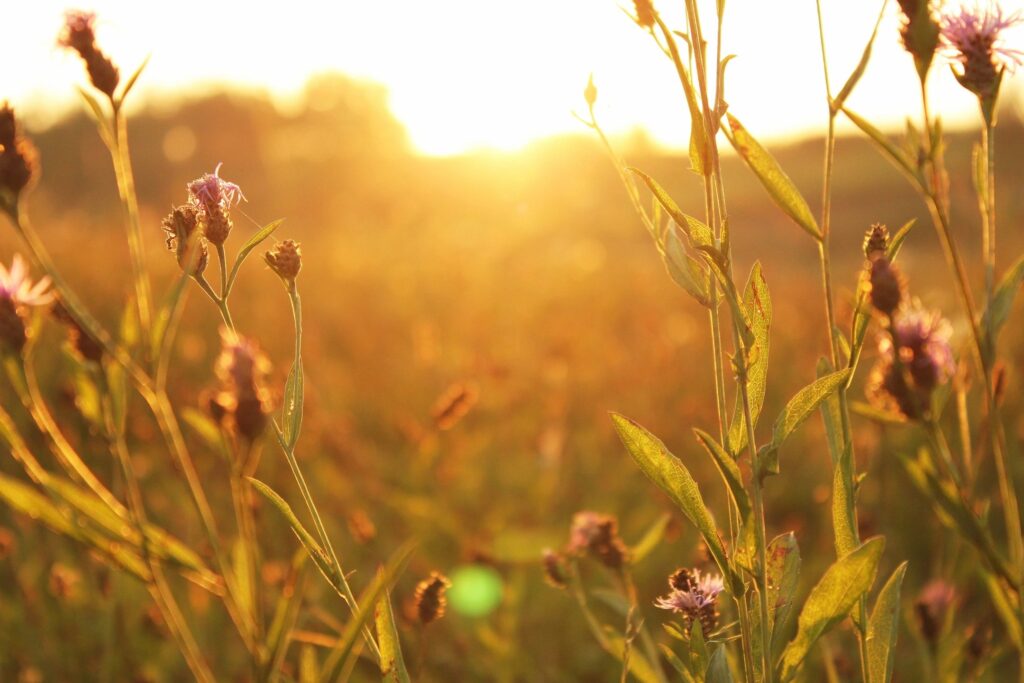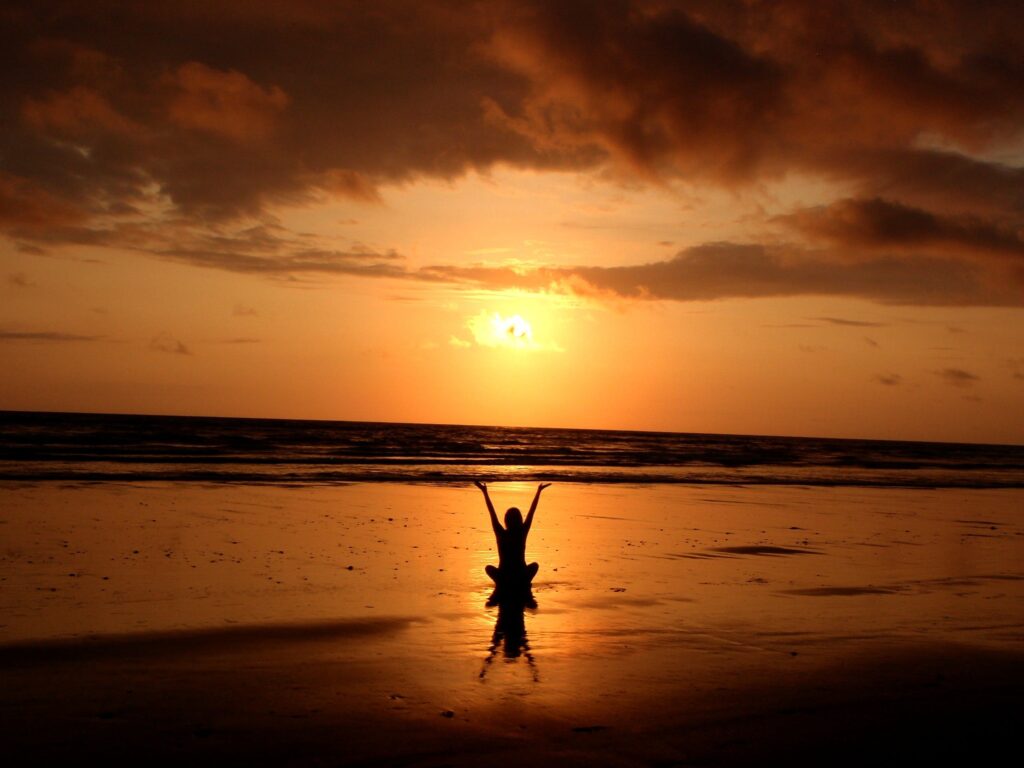- How to Start a Meditation Practice
- Introduction to Meditation
- Anxious, Yet Mindful
- The Transformative Power of Stillness
How to Start a Meditation Practice
Meditation is a powerful tool for achieving inner peace, mental clarity, and emotional well-being. If you’re new to meditation and looking to start a practice, here are some tips to help you get started.
Introduction to Meditation

Meditation is a practice that involves focusing the mind and eliminating the stream of jumbled thoughts that may be crowding your mind and causing stress. It’s about training the mind to be present and aware, leading to a sense of calm and balance.
| Different Types of Meditation | Finding a Quiet Space | Starting with Short Sessions |
There are various types of meditation, including mindfulness meditation, loving-kindness meditation, and transcendental meditation. Each type has its own unique focus and techniques, so it’s important to explore and find the one that resonates with you. | When starting your meditation practice, it’s essential to find a quiet and comfortable space where you can sit or lie down without distractions. This could be a dedicated meditation room, a corner of your home, or even a peaceful spot in nature. | Begin with short meditation sessions, such as 5-10 minutes, and gradually increase the duration as you become more comfortable with the practice. Consistency is key, so aim to meditate daily, even if it’s just for a few minutes. |
| Importance of Consistency | Breathing Techniques | Guided Meditation Resources |
| Consistency is crucial in establishing a meditation practice. Set aside a specific time each day for your meditation session, whether it’s in the morning, during a lunch break, or in the evening. Consistency will help make meditation a habit. | Focusing on the breath is a common meditation technique. Practice deep, slow breathing to calm the mind and relax the body. You can also explore different breathing exercises, such as diaphragmatic breathing or alternate nostril breathing. | For beginners, guided meditation sessions can be incredibly helpful. There are numerous apps, websites, and podcasts that offer guided meditation sessions tailored to different goals, such as stress relief, better sleep, or increased focus. |
| Patience and Self-Compassion | Personal Experiences and Success Stories | |
| Be patient with yourself as you start your meditation practice. It’s normal for the mind to wander during meditation, and it’s okay. Approach your practice with self-compassion and without judgment. Over time, you’ll notice improvements in your ability to stay focused. | Many people have experienced profound benefits from incorporating meditation into their daily lives. From reduced stress and anxiety to improved emotional well-being and increased self-awareness, the benefits of meditation are vast and impactful. |
Starting a meditation practice is a journey that can lead to profound positive changes in your life. Be patient, consistent, and open-minded as you explore different meditation techniques and find what works best for you. Remember, the most important thing is to start.
Anxious, Yet Mindful

Meditation has been widely studied for its potential effects on anxiety. It is believed to have a positive impact on anxiety levels and overall mental well-being. Here are some points to consider when exploring the relationship between meditation and anxiety:
| Research on Meditation and Anxiety | Types of Meditation Techniques | Mindfulness-Based Stress Reduction (MBSR) |
| Numerous scientific studies have investigated the effects of meditation on anxiety. These studies have shown promising results, suggesting that regular meditation practice may help reduce symptoms of anxiety and stress. | Different meditation techniques, such as mindfulness meditation, loving-kindness meditation, and transcendental meditation, have been explored in relation to anxiety. Each technique offers unique approaches to calming the mind and cultivating a sense of inner peace. | Mindfulness-based stress reduction (MBSR) is a widely recognized program that incorporates mindfulness meditation to help individuals manage stress, anxiety, and other psychological challenges. MBSR has shown positive outcomes in reducing anxiety levels. |
| Seeking Guidance from a Meditation Instructor | Start with Short Meditation Sessions | Practicing Regularly and Tracking Changes |
| For individuals dealing with anxiety, seeking guidance from a meditation instructor or mindfulness coach can be beneficial. An experienced instructor can provide personalized guidance and support to help navigate the practice of meditation in the context of anxiety. | Starting with short meditation sessions can be helpful for individuals dealing with anxiety. Beginning with just a few minutes of meditation each day and gradually increasing the duration can make the practice more accessible and sustainable. | Consistent practice is key when using meditation as a tool to manage anxiety. Keeping track of changes in anxiety levels, mood, and overall well-being over time can provide valuable insights into the impact of meditation on anxiety. |
While meditation is not a one-size-fits-all solution for anxiety, it has the potential to be a valuable complementary practice alongside other forms of therapy and self-care. It’s important for individuals dealing with anxiety to explore meditation under the guidance of healthcare professionals and to approach the practice with patience and self-compassion.
The Transformative Power of Stillness

In today’s fast-paced world, stillness is often overlooked and undervalued. Yet, it holds a profound power that can positively impact our mental, emotional, and physical well-being. Defined as the state of being calm, tranquil, and undisturbed, stillness provides a myriad of benefits that can enhance our overall quality of life.
| Benefits of Stillness | The Power of Stillness in Action |
| Embracing stillness allows us to find inner peace and clarity in the midst of chaos. It enables us to quiet the noise of our minds and be fully present in the current moment. By doing so, we can reduce stress, anxiety, and overwhelm, leading to improved mental and emotional resilience. Additionally, stillness fosters self-awareness, self-reflection, and introspection, which are essential for personal growth and development. | Stillness can be a powerful tool in various aspects of life. In creative pursuits, it can spark inspiration and innovation, providing the mental space needed to generate new ideas. In decision-making, it allows for thoughtful contemplation and discernment, leading to more informed and deliberate choices. Furthermore, in relationships, stillness cultivates deep listening, empathy, and understanding, strengthening connections and communication. |
| Practical Tips for Embracing Stillness | Embrace Stillness |
| Incorporating stillness into daily life can be achieved through simple yet impactful practices. Mindfulness meditation, deep breathing exercises, and spending time in nature are effective ways to cultivate stillness. Setting aside moments for quiet reflection, journaling, or engaging in a creative hobby can also create space for stillness amidst the hustle and bustle of everyday life | In conclusion, the power of stillness is undeniable. By embracing stillness, we can nurture our well-being, enhance our creativity, and improve our relationships. It is an essential practice that can bring balance, clarity, and serenity into our lives. Let us prioritize stillness and reap its profound benefits in our journey towards a more mindful and fulfilling existence. |
- Doing It Your Way: The Cost and the Glory“The only way to discover the limits of the possible is to go beyond them into the impossible.” — Arthur C. Clarke Have you ever had an idea that people …
- The Wisdom of Squirrels: A Guide to Purpose and Play by Dr. LaMarr Darnell Shields“Adopt the pace of nature: her secret is patience.” – Ralph Waldo Emerson I’m sitting in my car, the quiet before the chaos of the day. Work looms ahead, but …
- It Could Always Be Worse by Dr. LDS“I cried because I had no shoes until I met a man who had no feet.” — Persian Proverb Life has a way of serving us plates of problems with …
- Can We Build a World Where We All Belong? Dr. LaMarr D. Shields“We all belong to each other. – Mother Teresa” Belonging is one of those warm, fuzzy words that makes you feel like you’re wrapped in your grandmother’s quilt on a …
